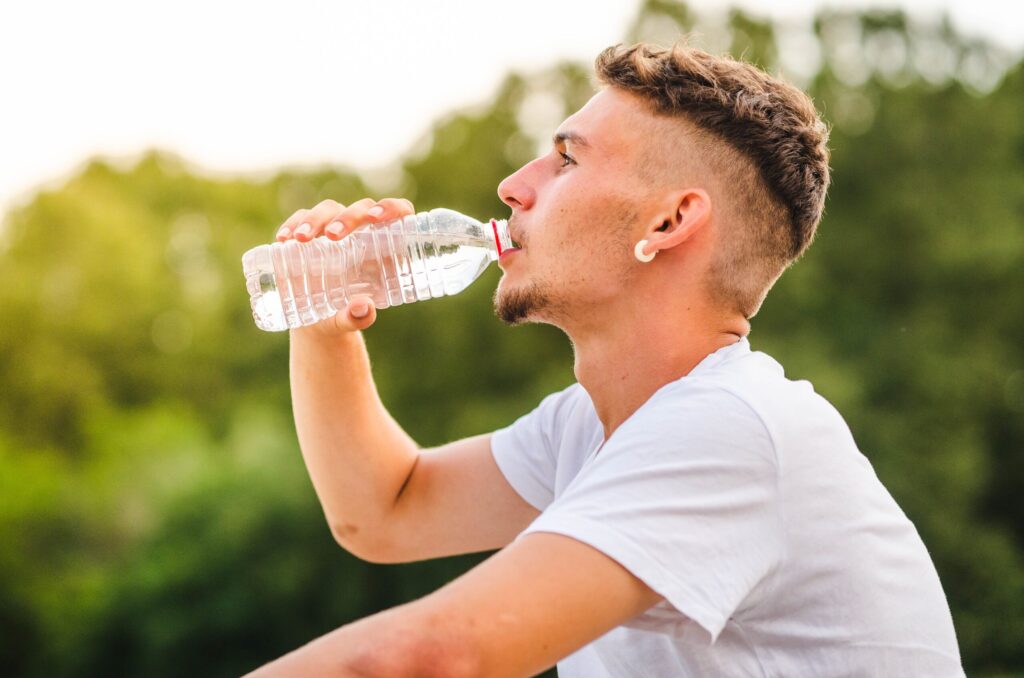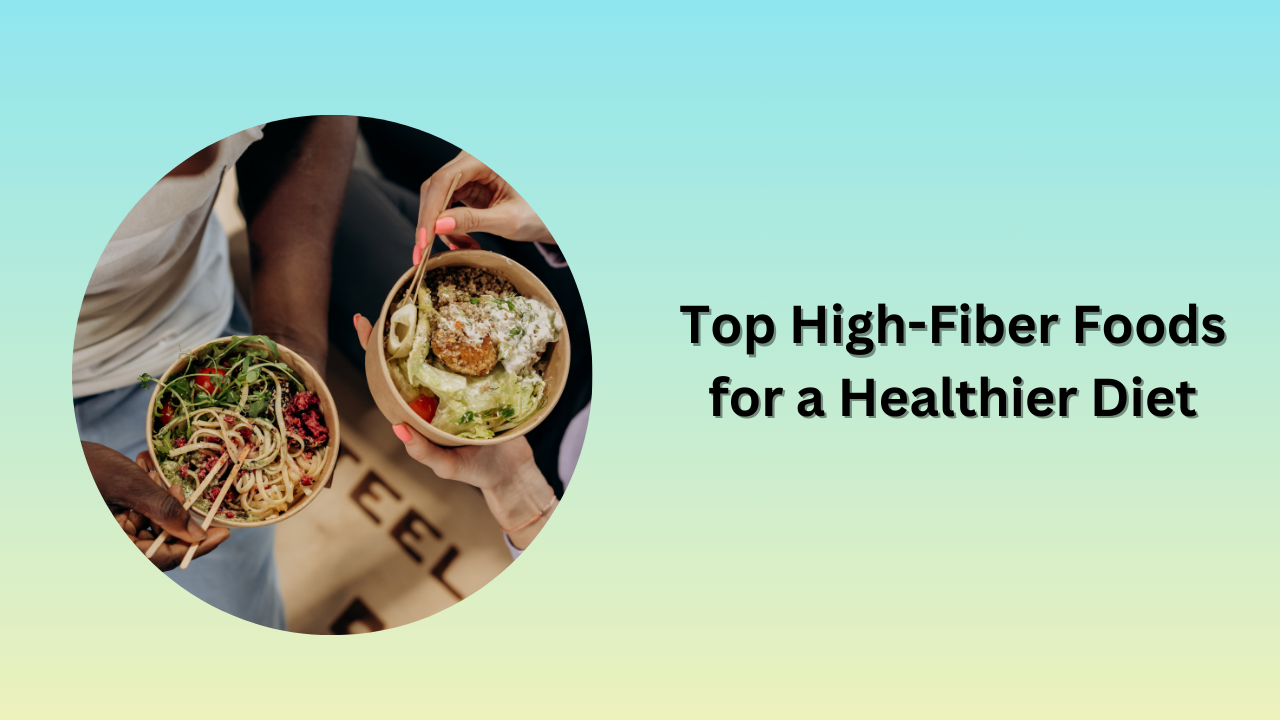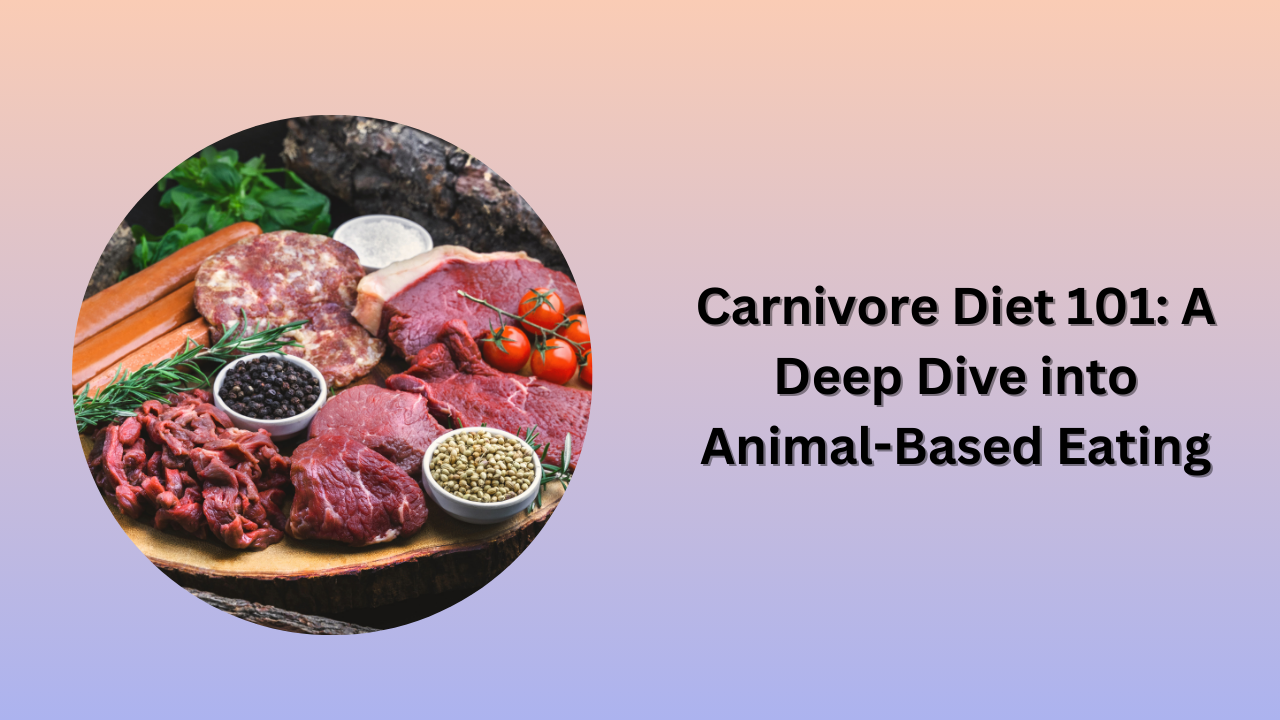A professional athlete’s diet is essential for peak performance and recovery. It should be tailored to their sport, training intensity, and goals, focusing on balanced nutrition and proper hydration. Let’s explore what makes the best diet for a professional athlete and how it supports optimal results.
Understanding the Athlete's Nutritional Needs
The Role of Macronutrients
For any athlete, the foundation of a solid diet lies in a balanced intake of macronutrients—proteins, carbohydrates, and fats. Each plays an important role in meeting the physical demands of sports.
- Proteins: Essential for muscle repair and growth, proteins are the building blocks of an athlete’s body. Lean meats, poultry, fish, eggs, dairy products, legumes, and plant-based proteins are among the sources.
- Carbohydrates: Often viewed as the primary source of energy, carbs should make up a significant portion of an athlete’s diet. Foods like whole grains, fruits, and vegetables provide sustained energy, which is crucial during prolonged physical activity.
- Fats: Healthy fats contribute to energy density and support cellular functions. Incorporate avocados, nuts, seeds, and olive oil for optimal health.
Micronutrients Matter
While macronutrients get plenty of attention, micronutrients (vitamins and minerals) are equally important. Professional athletes need vitamins and minerals that support energy production, muscle contraction, and recovery processes. These include:
- Iron: Vital for oxygen transport in the blood. Sources: spinach, red meat, legumes.
- Calcium and Vitamin D: Crucial for bone health. Sources: dairy products, fortified foods, sunlight exposure.
- Electrolytes: Maintaining fluid balance is achieved through the use of sodium, potassium, and magnesium. Sources: bananas, nuts, and sports drinks during intense workouts.
Timing Your Nutrition

Pre-Workout Fueling
What you eat before training can significantly influence your performance. Ideally, consume a meal rich in carbohydrates and moderate in protein for 2-3 hours before exercising. Some effective pre-workout meals might include:
- Quinoa salad with grilled chicken and mixed vegetables
- Oatmeal with fruits and a scoop of protein powder
- Whole grain toast that is seasoned with avocado and poached eggs
During Activity
For extended training sessions or competitions, athletes should consider consuming quick-absorbing carbs, such as energy gels, bars, or bananas to maintain energy levels.
Post-Workout Recovery
Recovery is when the body rebuilds and replenishes. Within 30-45 minutes post-exercise, focus on a mix of protein and carbohydrates to replete glycogen stores and repair muscle. Options include:
- Greek yogurt with honey and fruit
- A smoothie made with protein powder, banana, and almond milk
- A recovery shake with coconut water for hydration and electrolytes
Hydration: The Unsung Hero

Hydration is paramount for optimal performance. Even mild dehydration can impact strength, endurance, and decision-making. Athletes should aim for:
- Before Exercise: Drink water to hydrate adequately.
- During Exercise: Sip on water or electrolyte-rich drinks, especially for prolonged activities lasting over 60 minutes.
- After Exercise: Rehydrate with water and consider including electrolytes if the training is intensive.
Signs of Dehydration
Stay vigilant for indications of dehydration, such as headaches, dizziness, or decreased performance.
Personalization: One Size Does Not Fit All
Training and dietary needs vary immensely among athletes based on sport, body type, and personal goals. Athletes need to tailor their diets. Working with a sports nutritionist can help personalize nutrition plans, ensuring that an athlete’s unique needs are met. Frequent reassessment is vital, and adjustments should be made based on training cycles and competition schedules.
Conclusion: The Path to Peak Performance
The best diet for a professional athlete involves a harmonious blend of macronutrients, examined timing for fueling and recovery, and a strong focus on hydration. By understanding and implementing these principles, athletes can unlock their full potential—leading to improved performance, quicker recovery, and a happier, healthier lifestyle. If you’re ready to take your diet to the next level, consider consulting with a nutrition professional to create a roadmap tailored just for you.
Takeaway: Remember, what you put on your plate can make all the difference. Nourishing your body effectively is one of the best investments an athlete can make in their performance and overall well-being.
For further reading, check out The American College of Sports Medicine for research on sports nutrition or consult Precision Nutrition for personalized nutrition coaching.


